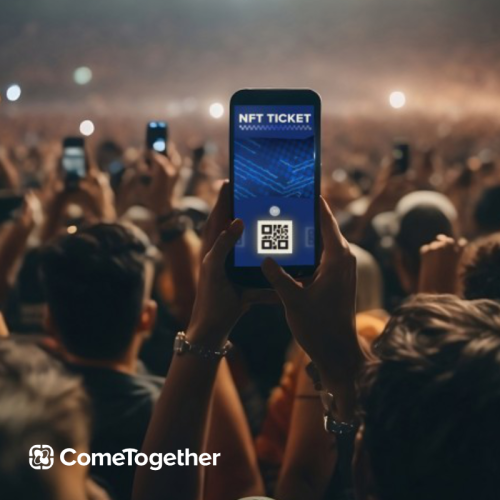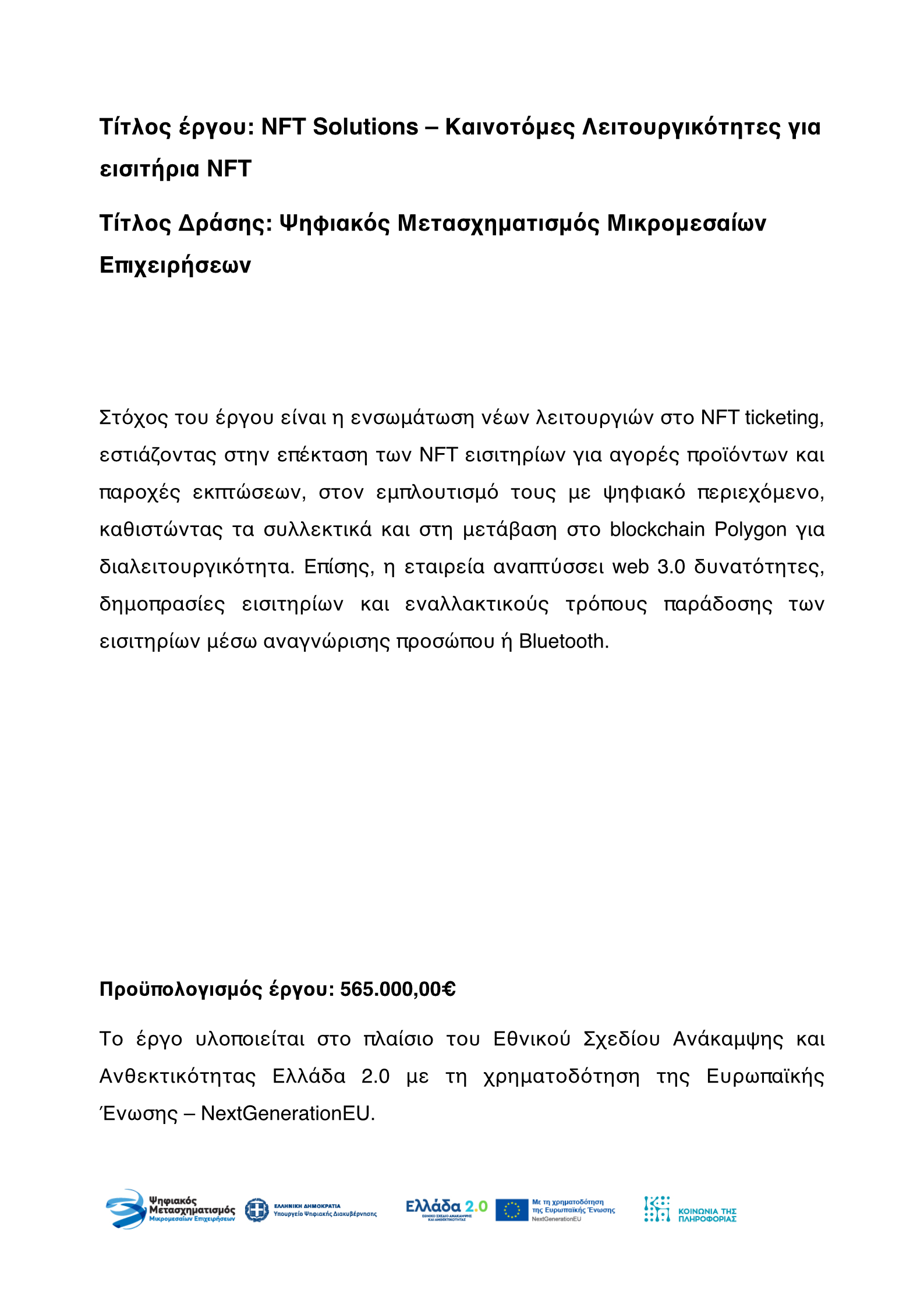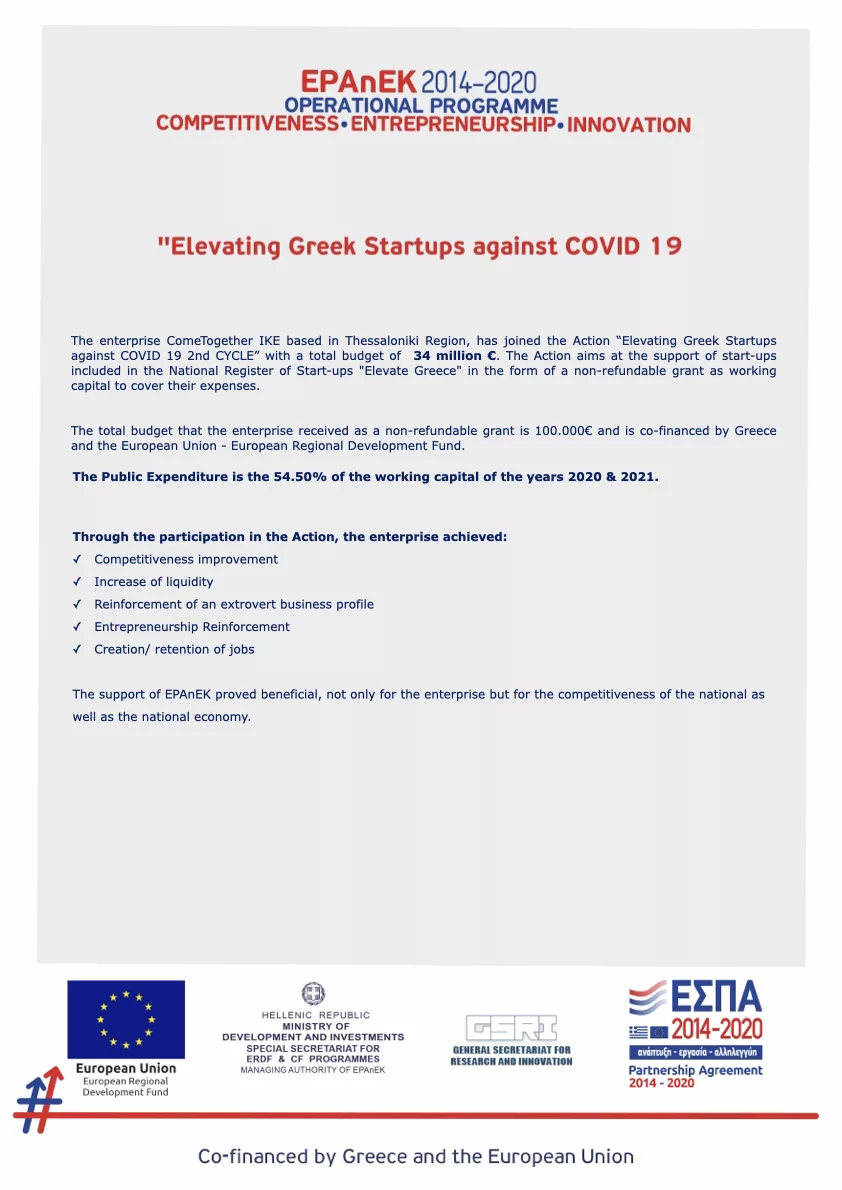In the rapidly evolving landscape of event ticketing, Non-Fungible Tokens (NFTs) have emerged as a disruptive force, challenging the traditional methods of ticket distribution and ownership. NFT ticketing leverages blockchain technology to revolutionize the way people buy, sell, and own tickets for events, concerts, sports games, and more. But how does it stack up against the tried-and-true traditional ticketing system? Let’s delve into the pros, cons, and differences between NFT ticketing and traditional ticketing.
NFT ticketing vs traditional ticketing - a comprehensive comparison

Pros of NFT Ticketing and Traditional Ticketing

NFT Ticketing:
- Immutable Ownership: NFT ticketing provides indisputable proof of ownership through blockchain technology, eradicating the risk of counterfeit tickets and ensuring secure transactions.
- Enhanced Security: Leveraging blockchain encryption, NFT tickets offer heightened security measures, deterring fraudulent activities and scalping while providing peace of mind to both event organizers and attendees.
- Tokenized Collectibles: NFT tickets can be enriched with unique digital assets, such as artwork or animations, creating a new dimension of value and exclusivity for collectors and enthusiasts.
Traditional Ticketing:
- Accessibility: Traditional ticketing systems offer widespread accessibility through various channels like box offices, online platforms, and physical outlets, ensuring that tickets are available to a diverse audience regardless of technological proficiency.
- Familiarity and Trust: With decades of established use, traditional ticketing methods instill trust and confidence among consumers, who are familiar with the processes and safeguards in place, fostering a sense of reliability.
- Regulatory Compliance: Subject to robust regulatory frameworks, traditional ticketing systems adhere to legal standards governing ticket sales, consumer rights, and event regulations, ensuring fairness and transparency in transactions.
Cons of NFT Ticketing and Traditional Ticketing:

NFT Ticketing:
- Technical Barriers: NFT ticketing relies on blockchain technology, potentially alienating users unfamiliar with cryptocurrencies or digital wallets and posing usability challenges for less tech-savvy individuals.
- Environmental Concerns: The energy-intensive nature of blockchain networks, particularly those utilizing Proof of Work (PoW) systems, raises environmental apprehensions due to carbon emissions, impacting sustainability.
- Market Volatility: NFTs are subject to market speculation, leading to price volatility that may affect ticket prices, resulting in unpredictable fluctuations and pricing inconsistencies.
Traditional Ticketing:
- Counterfeiting Risks: Traditional tickets are vulnerable to counterfeiting, posing security threats and potential revenue losses for event organizers, with counterfeit tickets often resulting in genuine attendees being denied entry.
- Limited Transparency: Traditional ticketing systems may lack transparency regarding ticket distribution, pricing, and availability, contributing to market inefficiencies, price gouging, and unequal access to tickets.
- Scalping and Secondary Markets: Scalpers exploit traditional ticketing systems to resell tickets at inflated prices on secondary markets, disadvantaging genuine fans and perpetuating ticketing inequities.
Differences Between NFT Ticketing and Traditional Ticketing:
- Ownership Mechanism: NFT ticketing utilizes blockchain technology for immutable ownership records, while traditional ticketing relies on physical or digital ticket formats without inherent ownership attributes.
- Security Measures: NFT ticketing employs blockchain encryption for enhanced security, whereas traditional ticketing systems implement measures like holograms and barcodes for authentication.
- Value Proposition: NFT ticketing offers tokenized collectibles and unique digital assets alongside admission rights, whereas traditional ticketing primarily focuses on facilitating entry to events without additional value propositions.
- Accessibility and Usability: Traditional ticketing systems prioritize accessibility through diverse distribution channels, while NFT ticketing may pose technical barriers for users unfamiliar with blockchain technology.
- Environmental Impact: NFT ticketing’s reliance on blockchain networks raises environmental concerns due to energy consumption, contrasting with traditional ticketing systems’ lower environmental footprint.
Conclusion
In navigating the evolving landscape of event ticketing, understanding the nuances and trade-offs between NFT ticketing and traditional ticketing is essential for stakeholders to make informed decisions that prioritize security, accessibility, and consumer experience.
Table of contents:
- Introduction
- Overview of NFT Ticketing vs. Traditional Ticketing
- Importance of Understanding the Differences
- Pros of NFT Ticketing and Traditional Ticketing
- Immutable Ownership and Enhanced Security in NFT Ticketing
- Accessibility and Familiarity of Traditional Ticketing Systems
- Value Proposition: Tokenized Collectibles vs. Entry Passes
- Cons of NFT Ticketing and Traditional Ticketing
- Technical Barriers and Environmental Concerns in NFT Ticketing
- Counterfeiting Risks and Limited Transparency in Traditional Ticketing
- Market Volatility and Scalping Challenges
- Differences Between NFT Ticketing and Traditional Ticketing
- Ownership Mechanism and Security Measures
- Value Proposition and Accessibility
- Environmental Impact and Regulatory Compliance
- FAQs
FAQs
What is NFT ticketing, and how does it differ from traditional ticketing?
NFT (Non-Fungible Token) ticketing utilizes blockchain technology to create unique, tamper-proof digital tickets, while traditional ticketing relies on physical or digital tickets without blockchain authentication. NFT tickets often come with added value in the form of collectible digital assets, whereas traditional tickets primarily serve as entry passes.
Are NFT tickets more secure than traditional tickets?
Yes, NFT tickets offer enhanced security through blockchain encryption, minimizing the risk of counterfeiting and fraud. Each NFT ticket is associated with a unique digital signature, providing indisputable proof of ownership. Traditional tickets, while employing security features like holograms and barcodes, are more susceptible to counterfeiting.
What are the environmental implications of NFT ticketing compared to traditional ticketing?
NFT ticketing’s reliance on blockchain networks, particularly those utilizing energy-intensive Proof of Work (PoW) systems, raises environmental concerns due to carbon emissions. In contrast, traditional ticketing systems typically have a lower environmental footprint, especially those transitioning to digital formats.
How accessible are NFT tickets compared to traditional tickets?
NFT tickets may pose technical barriers for users unfamiliar with blockchain technology or digital wallets, potentially limiting accessibility. Traditional ticketing systems offer broader accessibility through various distribution channels, including online platforms, physical outlets, and box offices, catering to a diverse audience.
Can NFT tickets be resold or transferred like traditional tickets?
Yes, NFT tickets can be resold or transferred, but with additional considerations. Smart contracts embedded within NFTs can enforce specific conditions, such as resale restrictions or revenue sharing agreements. Traditional tickets also allow resale or transfer, albeit with fewer built-in mechanisms for regulating secondary markets.
What are the benefits of tokenized collectibles associated with NFT tickets?
Tokenized collectibles add value and exclusivity to NFT tickets, appealing to collectors and enthusiasts. These digital assets, such as artwork or animations, enhance the ticketing experience by providing unique memorabilia alongside admission rights, fostering engagement and community building.
How do regulatory frameworks impact NFT ticketing and traditional ticketing?
Traditional ticketing systems are subject to regulatory standards governing ticket sales, consumer rights, and event regulations, ensuring fairness and transparency. NFT ticketing, being a relatively new phenomenon, may face evolving regulatory landscapes that impact its adoption and operation, requiring compliance with emerging guidelines.
What are the risks associated with market volatility in NFT ticketing?
NFT ticket prices can be subject to market speculation and volatility, potentially leading to unpredictable fluctuations and pricing inconsistencies. This volatility may affect ticket resale values and could impact affordability and accessibility for certain events or demographics.
How can consumers choose between NFT ticketing and traditional ticketing for an event?
Consumers should consider factors such as their familiarity with blockchain technology, preferences for ticket ownership and collectibility, accessibility requirements, and regulatory compliance when choosing between NFT ticketing and traditional ticketing options for an event. Assessing these factors can help consumers make informed decisions that align with their preferences and priorities.

















